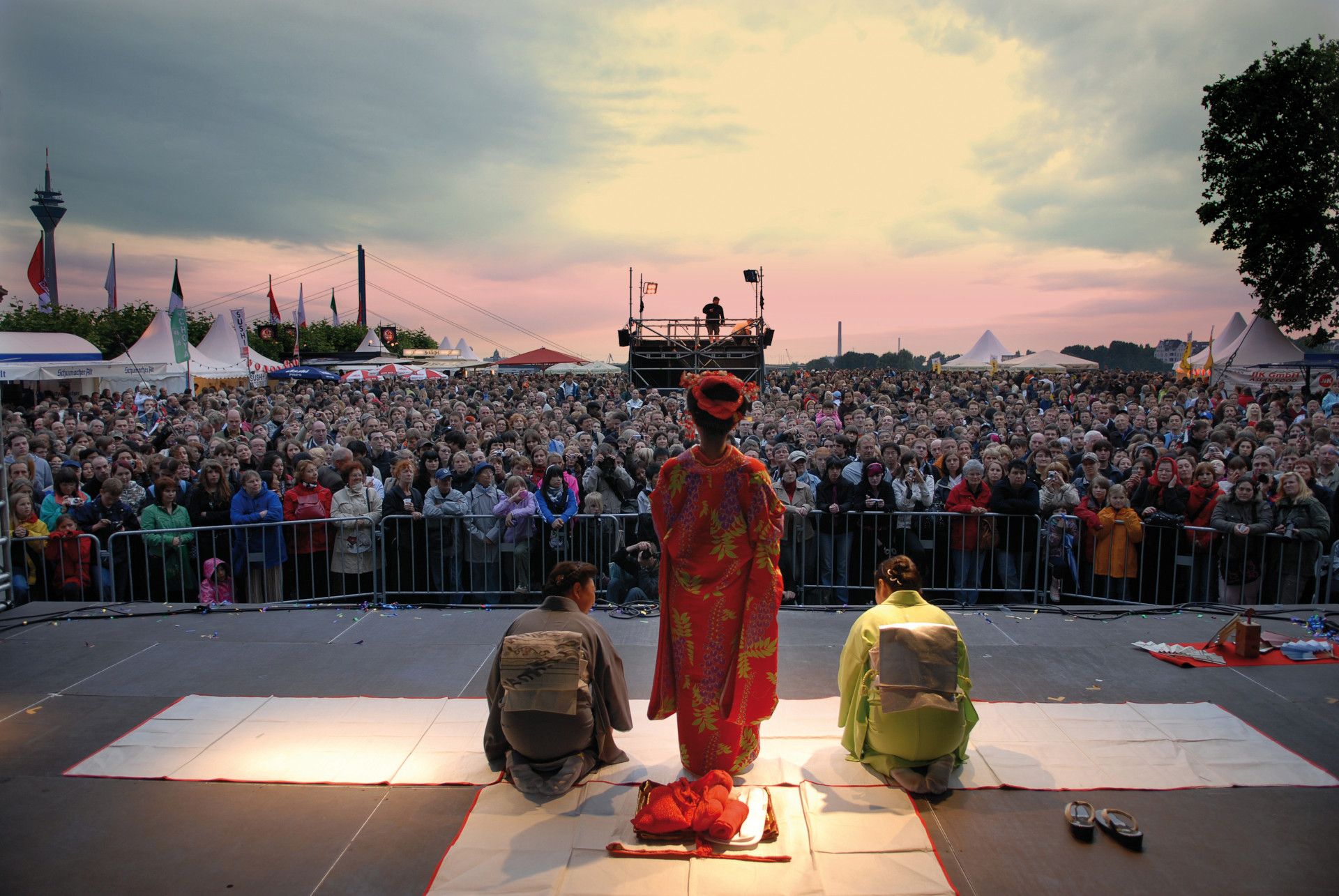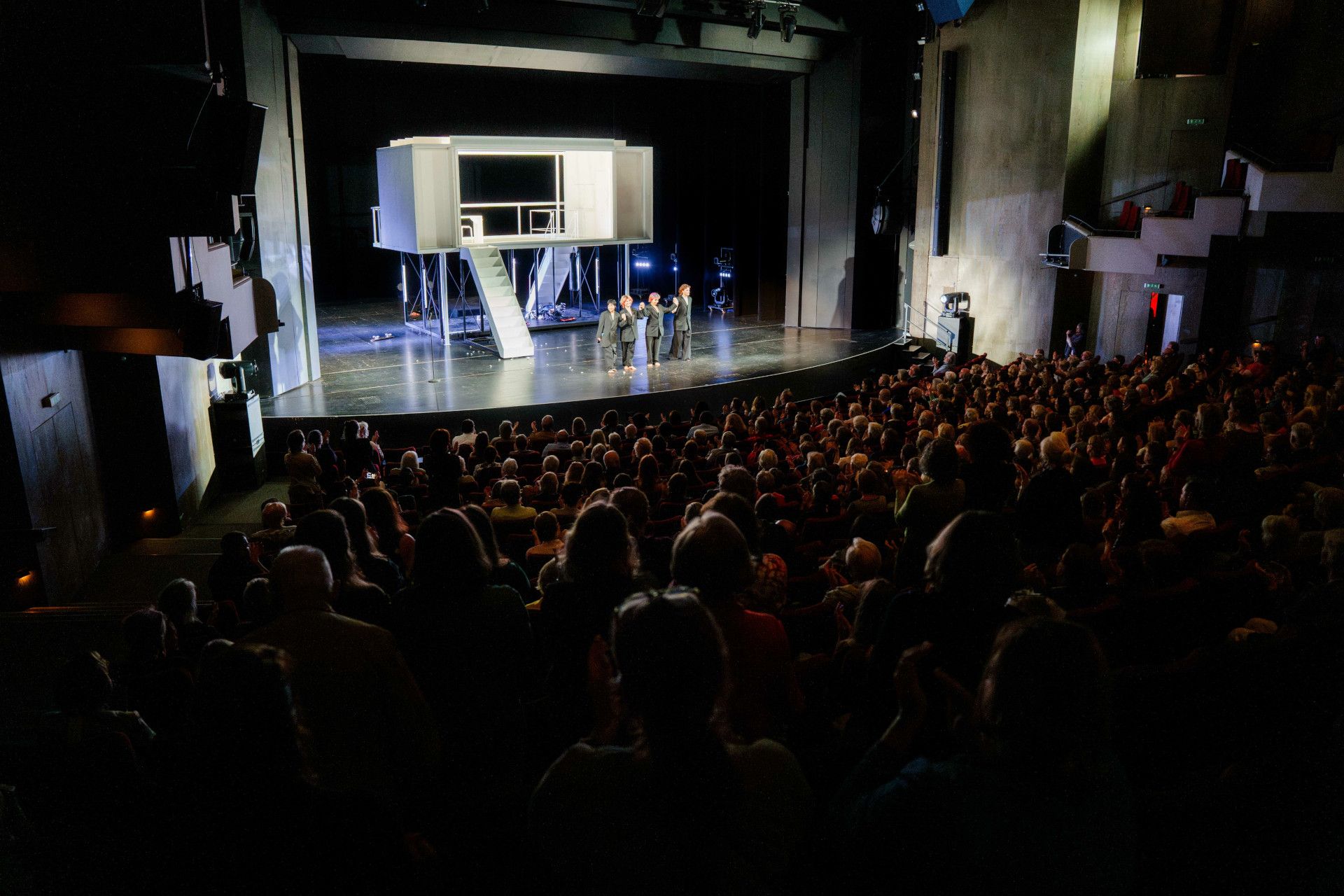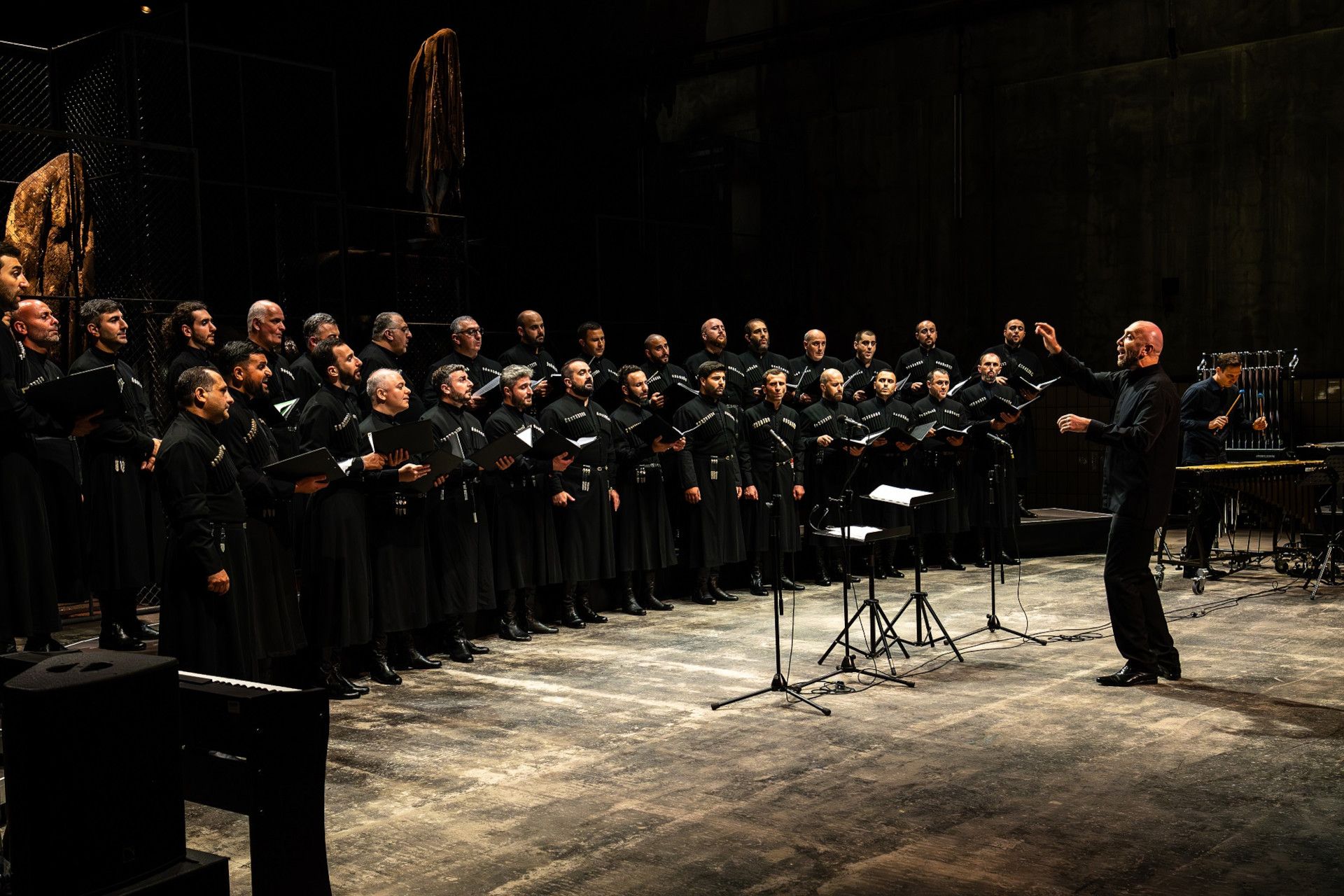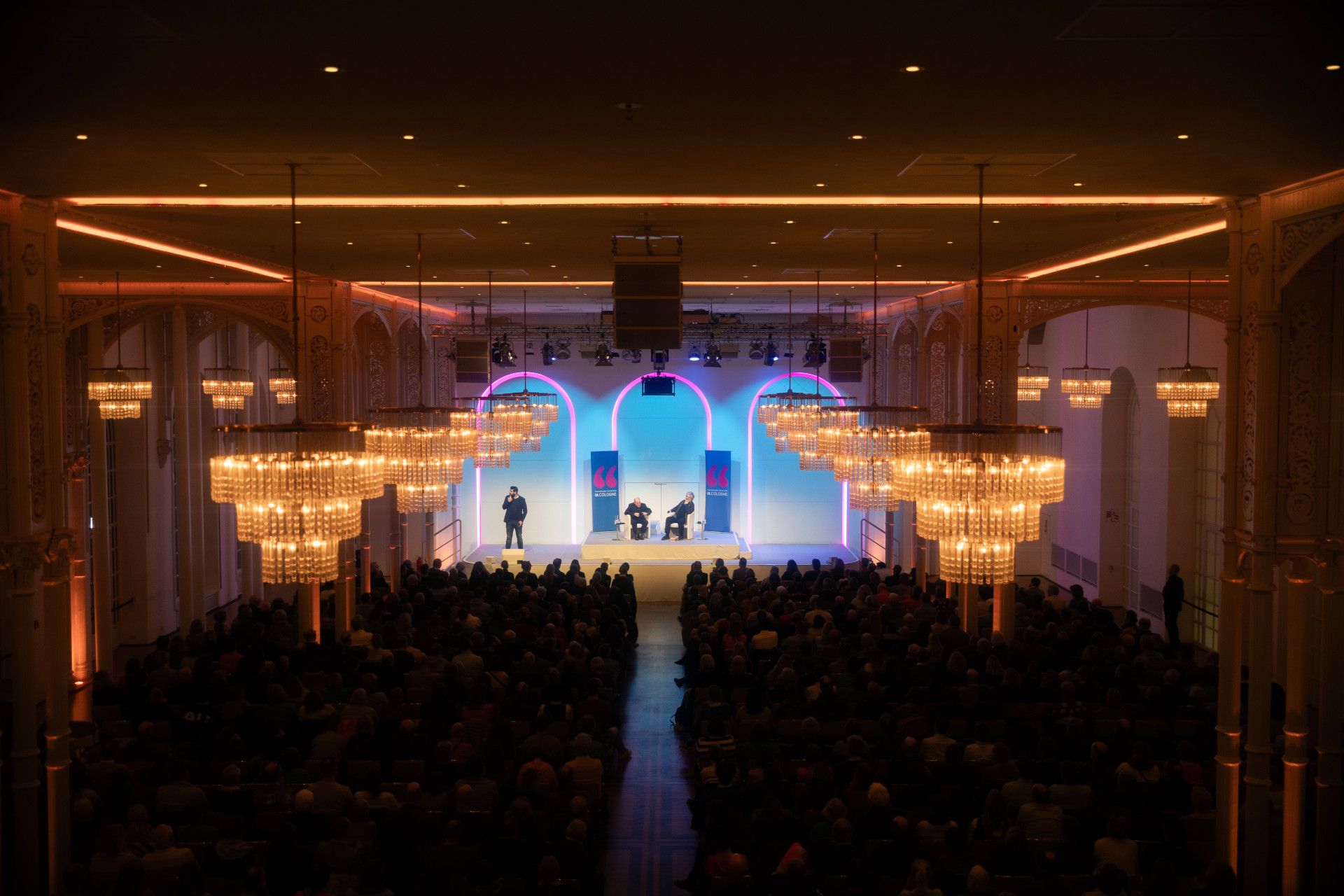The event calendar in North Rhine-Westphalia offers heavenly fun all year round. Whether you are looking for funfair fun and folk festivals, love thrilling theatre plays and unforgettable concert experiences or want to cheer on sporting competitions - here you will find an overview of world-famous classics, original events with unique charm and real insider tips. From trade fairs that combine knowledge and trends to inspiring literary and art events, NRW offers an impressive spectrum for every taste.
Let yourself be inspired, plan your next adventure excursions and find your own personal highlight events!










